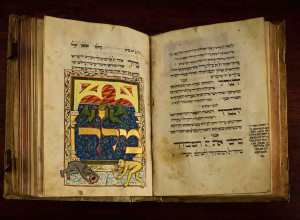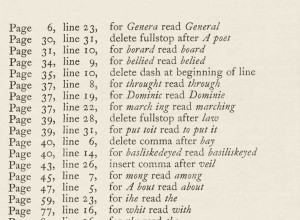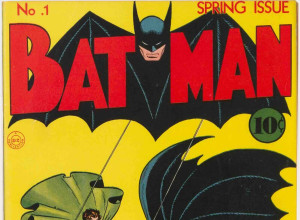William Wheeler III Collection of Revolutionary & Presidential Americana at Auction June 21
New York—On Thursday, June 21, Swann Galleries will close their auction season of books and manuscripts with Revolutionary & Presidential Americana from the Collection of William Wheeler III-some 230 works on paper including autographs of 36 presidents, manuscript material illuminating the American Revolution and a premium selection of Jacksoniana.
The collection reveals a historian's perspective. Inspired as a child by the collections of the American Antiquarian Society, particularly their holdings of The Massachusetts Spy, Wheeler collected Revolutionary Americana with an eye towards answering questions of American history that caught his interest. The collector outlines this passion in an introduction to the catalogue.
Among Autograph Letters Signed by founding fathers is Revolutionary Americana perhaps less expected, including an 1818 sketch of the Battle of Bunker Hill by Henry Dearborn, who later served as Secretary of War. Drawn in the year he published An Account of the Battle of Bunker's Hill, which drew controversy as a criticism of General Israel Putnam, the sketch, along with autograph manuscript reflections on the battle, is estimated at $6,000 to $9,000. From this account, the offerings span the Revolution: a December 1775 ALS by Horatio Gates sends British prisoners of war to the Chairman of the Committee of Safety at Northampton, MA, and details how they should be treated; a 3 May 1776 pay order for an express rider named Jonathan Park to ride to Philadelphia, signed by several notable early patriots, marks the spread of news in a critical week of the Revolution ($4,000 to $6,000 and $20,000 to $30,000, respectively).
An Autograph Document Signed by Paul Revere discharges Captain Philip Marett from Revere's regiment in 1779 ($12,000 to $18,000). A Letter Signed by George Washington to Major General Nathanael Greene advises that the Commissary General of Forage, Colonel Biddle (whose letter was forwarded to Washington the same day), appeal to the legislature of New Jersey for money to save the Continental Army. The February 1780 letter, showing the challenges of the war in its later days, is estimated at $15,000 to $25,000.
Presidential Americana beyond Washington includes every president through Zachary Taylor, with exceptionally complete offerings through the middle of the twentieth century. Highlights include an Autograph Letter Signed by Thomas Jefferson in 1793 as Secretary of State to Governor Thomas Sim Lee, stating that the government is not authorized to intervene during the Citizen Genêt affair ($20,000 to $30,000). A run of autographs by Franklin D. Roosevelt provide evidence of his formative efforts with the foundation that now operates as the Roosevelt Warm Springs Institute for Rehabilitation in Georgia.
The cover lot for the auction is a photograph of Harry S. Truman holding the famous erroneous Chicago Daily Tribune announcing "DEWEY DEFEATS TRUMAN." Truman signed and inscribed the photo, estimated at $12,000 to $18,000, "Too bad!" A copy of the famous misprint is also available and is expected to bring $1,500 to $2,500.
Perhaps the most notable run of presidential material is Wheeler's collection of Jacksoniana. Highlights include an Autograph Letter Signed by Andrew Jackson to editor Thomas Eastin: a retained draft for the 1806 published letter that led to the duel in which Jackson killed Charles Dickinson ($10,000 to $15,000). Other autographs relate to Wheeler's interest in Jackson’s fiscal ineptitude. A November 1829 Autograph Letter Signed, as president, to the Secretary of Treasury Samuel D. Ingham discusses changes to reduce the national debt, while an Autograph Note Signed in January 1832 arranges a meeting with a treasury auditor in advance of the nullification crisis (each $3,000 to $4,000). An ALS from after Jackson's presidency to Nashville Union editor J. George Harris expresses joy at the result of the 1842 congressional elections and criticizes the propagandizing that led to the election of Whig candidate William Henry Harrison in 1840.















